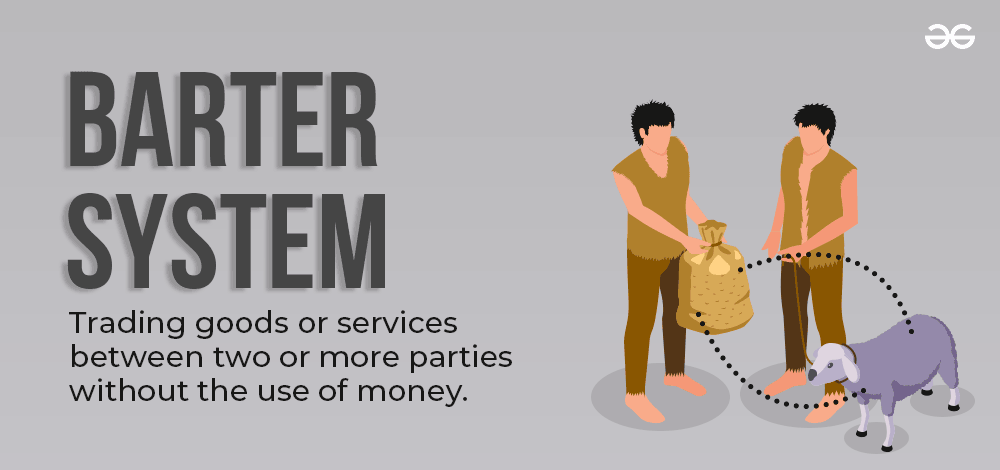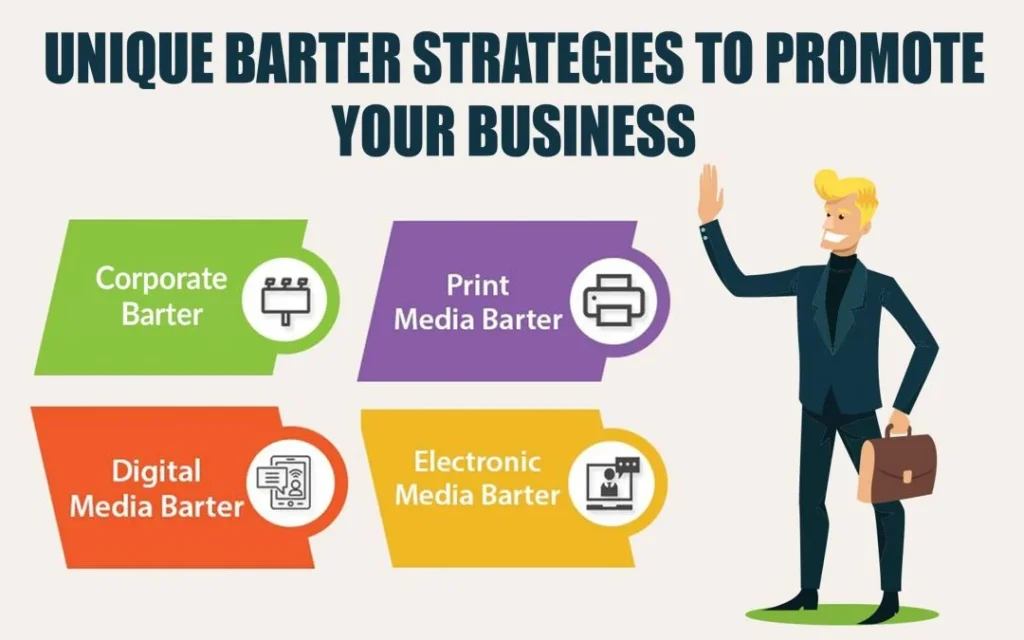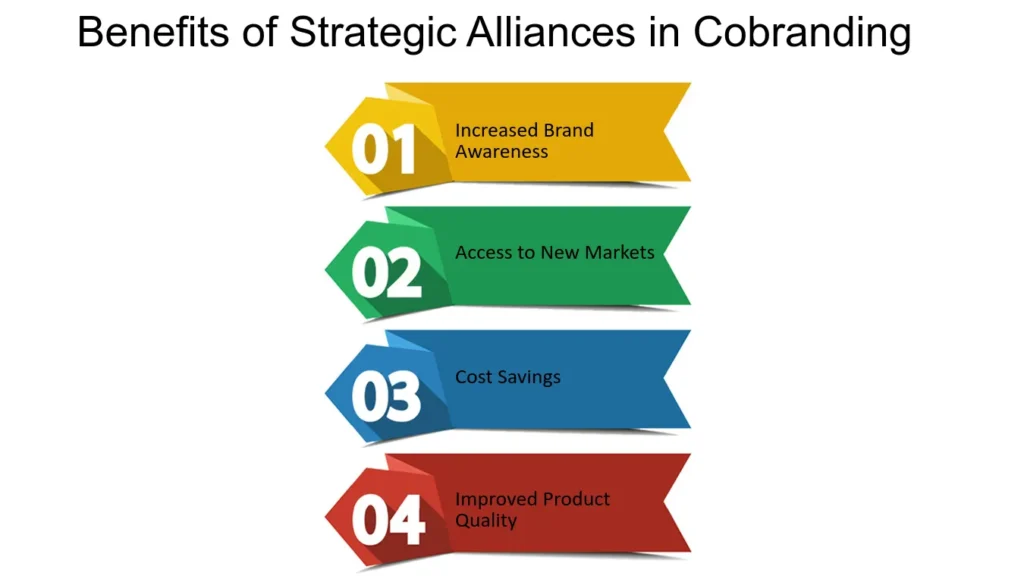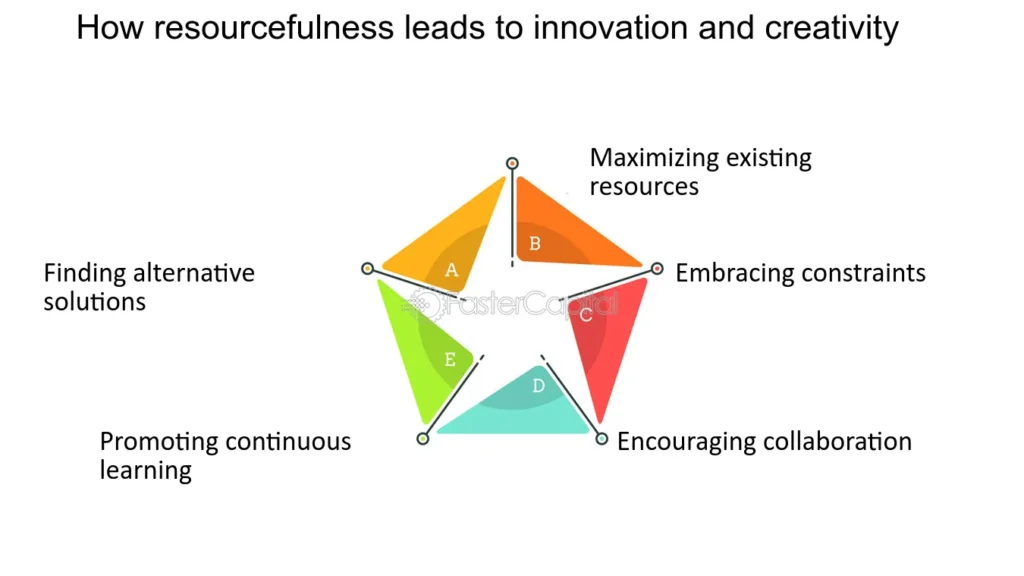
In the dynamic landscape of business, building a brand requires strategic maneuvers that extend beyond traditional marketing tactics. One such underutilized yet potent tool is corporate bartering. Far from being a relic of bygone eras, corporate bartering offers modern businesses a plethora of opportunities to bolster their brand presence, forge valuable partnerships, and drive growth—all without the exchange of cash.

Table of Contents
ToggleVisibility and Exposure: Showcasing Your Brand to New Audiences
Imagine a fledgling artisanal coffee company seeking to expand its reach beyond local markets. By engaging in a barter arrangement with a popular lifestyle blog, the coffee company provides its premium blends in exchange for prominent placement and glowing reviews on the blog’s platform. This not only exposes the coffee brand to a wider audience of coffee enthusiasts but also establishes credibility through association with a trusted influencer in the lifestyle sphere.
Imagine this:
- Mokobara, a luggage company, wants to reach more travelers (new audience).
- IndiGo, an airline, has a lot of passengers who might need luggage (existing audience).
What they did (Corporate Barter):
- Mokobara designed a special IndiGo luggage (Moko 6E Limited Edition). This promotes IndiGo to Mokobara’s audience. (Visibility for IndiGo)
- IndiGo offers extra baggage allowance with the special luggage (2 KG). This attracts IndiGo’s passengers to buy the Mokobara luggage. (Exposure for Mokobara)
Essentially, they traded promotions!
- Mokobara gets its luggage in front of IndiGo’s passengers (exposure).
- IndiGo gets its brand showcased on Mokobara’s luggage (visibility).
This is corporate bartering. Companies exchange goods or services to reach new audiences without spending cash. It’s a win-win for both!
Cost Savings: Maximizing Resources Without Draining Cash Reserves
Consider a software startup aiming to enhance its online presence through professional website development. Instead of allocating scarce funds to hiring costly web designers, the startup opts to barter its cutting-edge software solutions with a digital marketing agency in exchange for website design services. This mutually beneficial arrangement allows both parties to conserve financial resources while leveraging each other’s expertise to achieve their respective business goals.
Strategic Partnerships: Collaborating for Mutual Growth

Take the example of a fitness apparel brand seeking to expand its product offerings to include high-performance footwear. Through a strategic barter agreement with a renowned athletic shoe manufacturer, the apparel brand exchanges its merchandise for exclusive access to the manufacturer’s footwear technology and design capabilities. This partnership not only enriches the brand’s product portfolio but also fosters innovation and differentiation in a competitive market landscape.
Product Expansion: Diversifying Offerings to Capture New Markets
Picture a gourmet food company looking to diversify its product line to attract health-conscious consumers. Through a barter arrangement with a prominent fitness brand, the food company exchanges its artisanal snacks for access to the fitness brand’s customer base and endorsement of its products as part of a balanced diet. This synergy enables the gourmet food company to tap into a new market segment while reinforcing its brand image as a purveyor of quality, health-conscious fare.
Brand Associations: Elevating Perception Through Strategic Alliances

Consider the case of a luxury skincare brand aiming to elevate its brand image and expand its global footprint. By partnering with a high-end spa chain to offer exclusive skincare treatments using its products, the brand not only enhances its prestige but also establishes itself as a coveted name in the realm of beauty and wellness. This strategic alliance reinforces the brand’s commitment to luxury and indulgence, resonating with discerning consumers seeking the ultimate pampering experience.
Market Penetration: Breaking Into New Territories With Collaborative Efforts
Imagine a tech startup looking to penetrate emerging markets in Southeast Asia. Through a barter agreement with a local logistics company, the startup exchanges its software solutions for logistical support and market insights tailored to the region’s unique challenges and opportunities. This collaboration enables the startup to navigate cultural nuances, overcome logistical hurdles, and gain a foothold in untapped markets, paving the way for sustainable growth and expansion.
Customer Loyalty: Fostering Relationships Through Value-Added Benefits
Take the example of an e-commerce platform seeking to reward its loyal customer base while attracting new shoppers. By partnering with premium lifestyle brands to offer exclusive discounts and perks in exchange for exposure on its platform, the e-commerce platform enhances customer engagement and loyalty. This value-added proposition not only incentivizes repeat purchases but also strengthens the platform’s position as a trusted destination for curated, high-quality products.
Innovation and Creativity: Fueling Growth Through Resourceful Solutions

Consider a fashion label striving to stay ahead of evolving consumer trends and preferences. Through a barter arrangement with an up-and-coming design collective, the fashion label exchanges its surplus inventory for access to fresh design concepts and artistic collaborations. This synergy not only breathes new life into the brand’s collections but also fosters a culture of innovation and creativity, resonating with fashion-forward consumers seeking unique and aspirational offerings.
In conclusion, corporate bartering presents a wealth of opportunities for brands to amplify their presence, forge strategic alliances, and drive growth in an increasingly competitive marketplace. By leveraging the power of barter trade, businesses can unlock new avenues for expansion, innovation, and customer engagement – all while maximizing resources and fostering mutually beneficial relationships. As the business landscape continues to evolve, embracing the art of corporate bartering may prove to be the catalyst for unlocking untapped potential and propelling brands to new heights of success.

Jugaad on Two Wheels: The Hilarious Bike Parcel Hack in Karnataka
The Great Karnataka Bike Parcel Hack: A Jugaad Masterclass #RapidoParcel: In a creative yet controversial move, ride-hailing platform Rapido has found a way around Karnataka’s

Denmark’s Digital Sovereignty Revolution: Linux and LibreOffice Lead the Way
Introduction to Denmark’s Bold Move In June 2025, Denmark’s Ministry of Digital Affairs made headlines by embracing digital sovereignty, ditching Microsoft Windows and Office 365

🏏Sports as a Business Strategy: Insights from Vijay Mallya’s RCB Ownership
🧠 Sports as a Business Strategy (Tool) In modern business, few platforms offer better engagement and emotional connection than sports. From football clubs in Europe

🙏 Apologies in Leadership: Vijay Mallya Public Apology
🧠 Introduction: The Role of Apologies in Leadership In the corporate world, apologies aren’t signs of weakness—they’re strategic acts of leadership. When made with sincerity

Audiobook Production Costs: Navigating Recording Artists, Studio Expenses, and AI’s Impact
The audiobook industry is booming, with over 130 million listeners in the U.S. alone in 2021 and a growing global appetite for audio content. Producing

Media Trial of Vijay Mallya: How Public Perception Shaped Vijay Mallya’s Legacy
Introduction: Media’s Influence on Business Narratives In today’s hyper-connected world, media narratives can make or break a business reputation. For Vijay Mallya, once known as


1 thought on “How does a brand build through corporate bartering? | The Power of Corporate Bartering !”